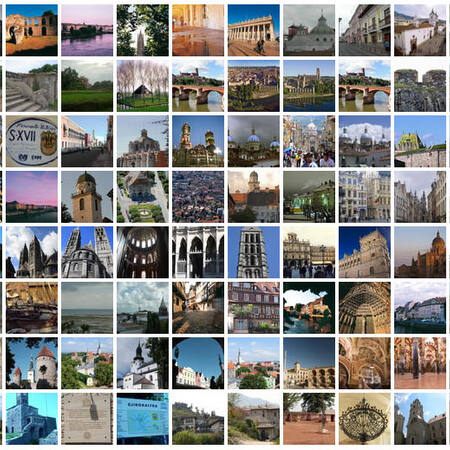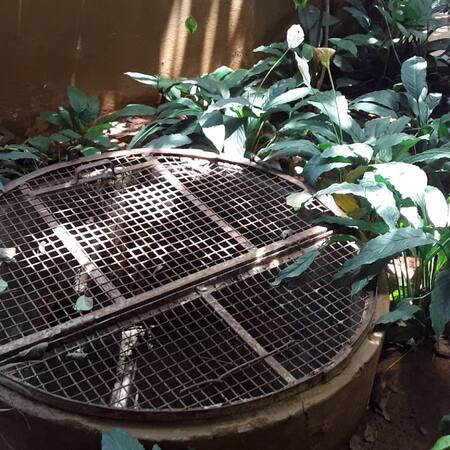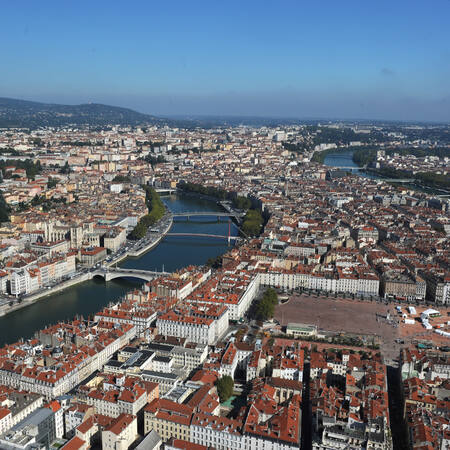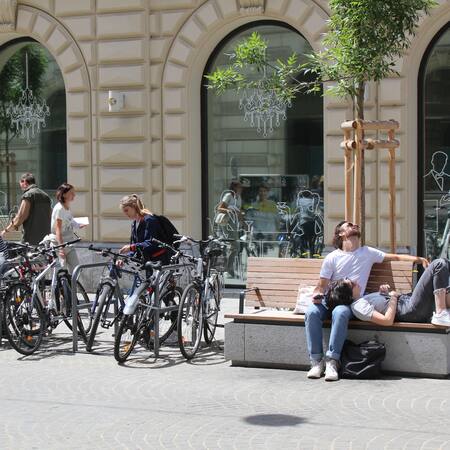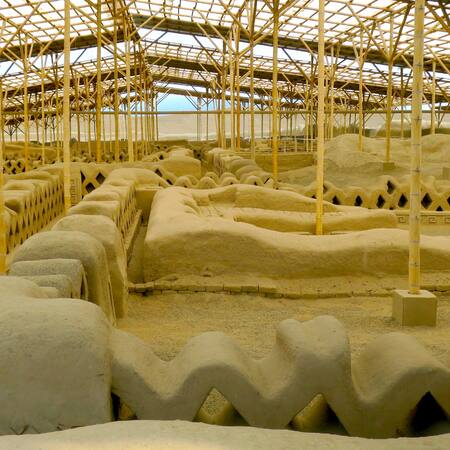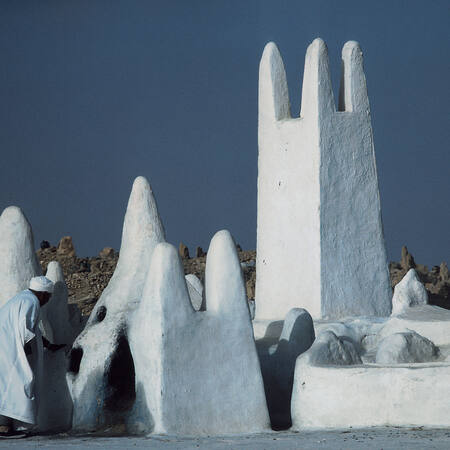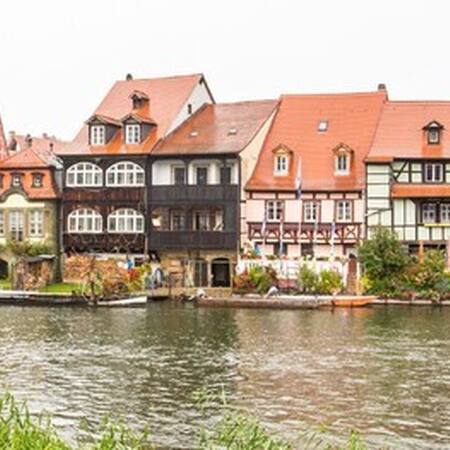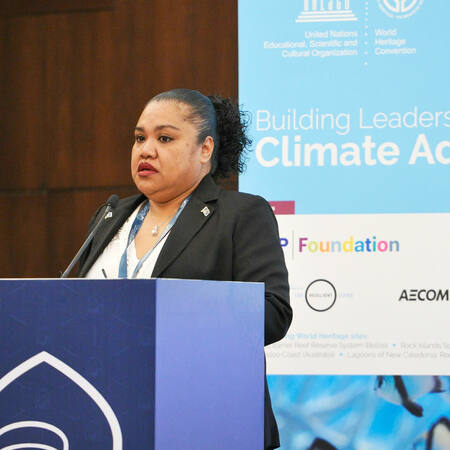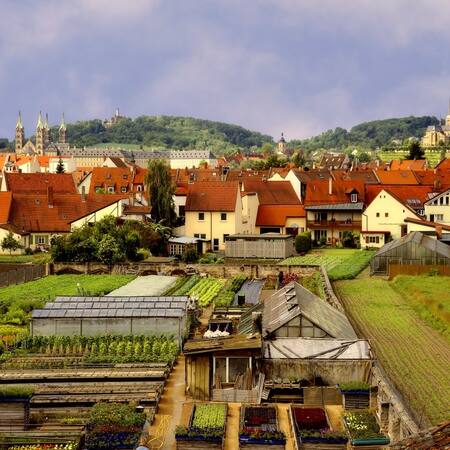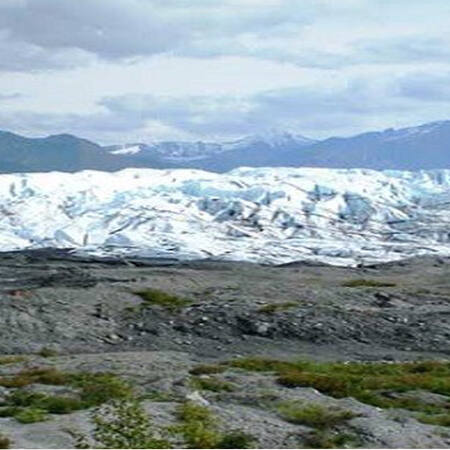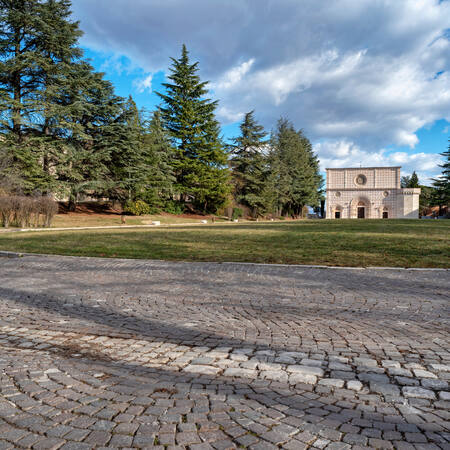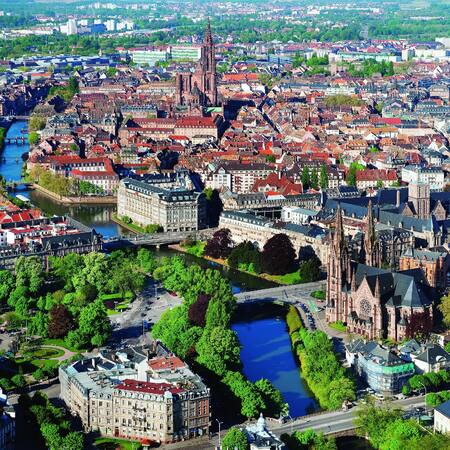The UNESCO Thematic Indicators for Culture in the 2030 Agenda (Culture|2030 Indicators) is a framework of thematic indicators whose purpose is to measure and monitor the progress of culture’s enabling contribution ...
Featured
Climate Change and World Heritage
World Heritage properties are affected by the impacts of climate change at present and in the future. Their continued preservation requires understanding these impacts to their Outstanding Universal Value and ...
Featured
The World Heritage Convention is one of the most successful international instruments to protect the most extraordinary natural places on the planet, characterized by their natural beauty or outstanding ...
Featured
Balancing development and conservation in Grand-Bassam (Côte d’Ivoire)
The inscription of the Historic Town of Grand-Bassam on the World Heritage List has provided new opportunities to promote sustainable development in the city. From the creation of a local World Heritage management ...
Building climate change resilience and adaptation of the Belize Barrier Reef Reserve System (Belize)
The Belize Barrier Reef Reserve System is facing multiple impacts of climate change such as coral bleaching, more severe storms, and rising sea levels. The Resilient Reefs Initiative is focused on building Belize’s ...
Case Studies on the Conservation and Management of Historic Cities
Since 2008, the World Heritage Centre, within the framework of the France-UNESCO Cooperation Agreement, supported and participated in the initiative “Developing Historic Cities: Keys for Understanding and Taking ...
Through a series of strategic actions, Urbino has sought to improve its environmental sustainability and promote climate change mitigation and adaptation. An update of the management plan is currently under way in ...
The Million wells for Bengaluru campaign is an initiative to build one million shallow wells using traditional well-digging techniques. The initiative for the revival of traditional water systems integrates ...
Integrating cultural and natural heritage values in urban development processes in Lyon (France)
The 2019 urban plan aims to protect cultural and natural heritage values and their attributes through specific planning tools, such as green and blue infrastructure planning and the development of heritage ...
Pedestrianisation of historic streets and public spaces in Graz (Austria)
As part of a wider effort to create a pedestrian-only zone in the historic centre, the city of Graz carried an ambitious programme to re-design its historic streets and public spaces through high-quality design ...
Preventing climate-related impacts in the Chan Chan Archaeological Zone (Peru)
After Chan Chan was placed on the List of World Heritage in Danger, a disaster risk reduction plan was developed and integrated with heritage management mechanisms. The plan provided valuable strategies for ...
Promoting climate change adaptation and mitigation in Lamu Old Town (Kenya)
Lamu Old Town faces multiple threats from climate change, energy needs and rapid social and economic transformation. The Lamu Old town management plan and the Lamu Municipality Waste Management Policy focused on ...
Promoting traditional environmental knowledge in the M’Zab Valley (Algeria)
The traditional settlements of the M’Zab valley were adapted to their environment and climate. Floodable areas were occupied only by temporary structures and not by dwellings. Water infrastructure was a core ...
Reintroduction of hydropower in the mills district of the Town of Bamberg (Germany)
The installation of a new water turbine at the site of the former water mills in the Town of Bamberg follows traditional water practices while respecting the Outstanding Universal Value of the property. The new ...
Shaping the future of climate adaptation through Resilient Reefs
Climate change is today the biggest threat to coral reefs. Under a business-as-usual scenario, nearly 90% of the 29 World Heritage-listed coral reefs are expected to severely bleach twice-per-decade by 2040.
Strengthening residents’ connection with their gardening heritage in Bamberg (Germany)
In the city of Bamberg, traditional gardening practices are part of the city’s strategy to promote urban sustainability. The COVID-19 pandemic helped to strengthen the local community’s connection with its gardening ...
Strengthening World Heritage properties’ resilience to face climate change
Climate change is becoming one of the most significant threats to World Heritage properties, jeopardizing the disappearance of their Outstanding Universal Value, their integrity and the potential for economic and ...
Sustainable Urban Mobility Plan of the historic city of L’Aquila (Italy)
The long-term plan aims to promote sustainable urban transportation, reduce emissions and pollution, and enhance liveability in the historic city by enhancing cycling networks and infrastructure, improving existing ...
Taking nature into account in the World Heritage Management plan of Strasbourg (France)
An update of the World Heritage management plan and urban planning tools seeks to integrate cultural and natural heritage values and their attributes in order to improve the city’s liveability and micro-climate.
UNESCO World Heritage Forests © David Geldhof / Yosemite National Park Forests are some of the most biodiversity-rich habitats on Earth. They play a crucial role in climate regulation by ...





